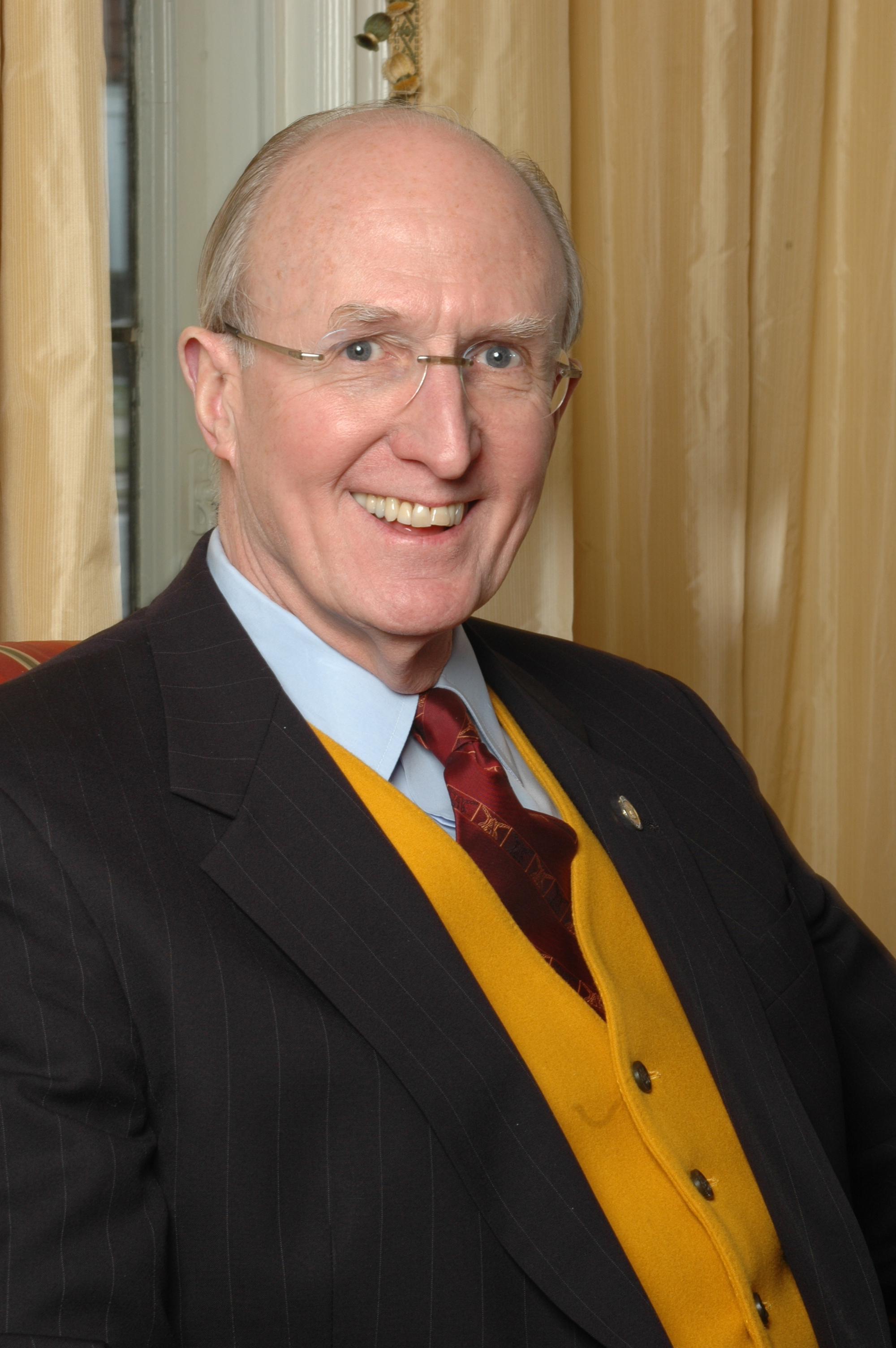
The COVID-19 pandemic has exposed and exacerbated the fault lines within higher education, leading to severe disruptions and a prolonged recovery. While much has been said about the challenges related to student debt, tuition discounting, campus debt, and student success metrics, there are two other critical dynamics that have disrupted the traditional model of shared governance in higher education.
This contributing author of the book,
The Evolving College Presidency (ISBN: 9781668442357), Prof. Robert A. Scott delves into the concerns about alignment in campus governance and leadership, highlighting the gaps between mission, goals, strategies, resource allocation, rewards, and results. By addressing these issues, higher education institutions can navigate the changing landscape and realign their priorities to fulfill their core purpose of providing transformative teaching and learning.
Chapter 2 of
The Evolving College Presidency: Emerging Trends, Issues, and Challenges,
"The President as Chief Purpose Officer" discuss the role of the campus president as chief purpose officer as well as chief executive officer and explore the implications of word choice in fulfilling an institution's mission.
Hear From Prof. Robert A. Scott
Higher education’s serious fault lines were evident even before COVID-19 interrupted the Spring 2020 semester and beyond. Consequently, the disruptions were more severe than expected and the recovery has taken longer.
Much has been said about the heavy reliance on student tuition supported by ever more student debt, increasing levels of tuition discounting, rising levels of campus debt for facilities, expanded commitments to marketing and branding that seem to exceed attention given to academic quality, and generally poor student success metrics, among others.
However, much less has been said about two other dynamics in contemporary higher education. These dynamics, which have disrupted relations between and among boards of trustees, presidents, and campus faculty, have threatened the traditions of shared governance.
The first dynamic concerns the way boards of trustees are composed. Under 15% of American college and university trustees have professional experience in higher education. One cannot imagine a corporation like Google or Amazon declaring that 85% of its directors knew little if anything about the characteristics, economics, and competitive landscape of their enterprise. Yet college and university trustees, whether nominated or elected through a political process as at public institutions or approved by a self-perpetuating board at private institutions, are not selected for their knowledge of higher education or their governance acumen. (Scott, March/April 2021.)
The second dynamic is the evolution of the college and university president’s role. Campus presidents have variously been described as cheerleaders, budget masters, lobbyists, sales reps, high-stakes panhandlers, promoters, and entrepreneurs. Too seldom are they thought of as educators, the keepers of an institution’s mission and legacy for transformational teaching and learning.
Chief Executive Officers (CEOs) focus on size and scale, organization and delegation, short-term goals, the efficiency of means, money and markets, customers, personnel, and labor. By contrast, Chief Purpose Officers (CPOs) focus on mission and meaning, the long-term, the integrity of ends and means, student success, and faculty as partners in a moral and noble enterprise. This change in the president’s perspective is due in large part to the composition of boards, the focus on money, whether state appropriations, fundraising, debt service, or state and federal compliance requirements.
A third dynamic in the current campus environment is the failure of boards and presidents to prepare faculty members for their roles in governance and leadership. After all, faculty are closest to the students whom institutions are chartered to serve, and they are integral to the fulfillment of institutional missions. Higher education leaders cannot fulfill their commitment to shared governance if the parties to it are unprepared for their roles in it.
All three dynamics exacerbate the increasingly corporate style of higher education institutions. To change course, board members must be selected and educated for their role; presidents must be encouraged and rewarded for service as Chief Purpose Officer as well as Chief Executive Officer; and faculty must be prepared for their involvement in governance and leadership. In addition, all three parties must monitor the alignment between mission and goals on the one hand and rewards and results on the other. By monitoring alignments, the parties to shared governance can ensure that the goals for student learning are supported by resource allocations and rewards. (Scott, Volume 11, 2020.)
Concerns about alignment in governance and leadership
Some of the concerns about alignment in campus governance and leadership in addition to graduation rates are illustrated by these gaps between mission, goals, strategies, resource allocation, rewards, and results. These issues are explored the chapter from which this blog post is drawn.
Bibliography
Scott, Robert A. “Leadership threats to shared governance in higher education.”
Journal of Academic Freedom, Volume 11, 2020. Scott, Robert A. “Reflections: Academics on the Board, A Personal View”
Trusteeship. Volume 29, Number 2, March/April 2021.
Disclaimer: The opinions expressed in this article are the author’s own and do not reflect the views of IGI Global.
About the Contributing Author
Robert A. Scott, Ph. D., President Emeritus and University President Emeritus, Adelphi University; Author, How University Boards Work, Johns Hopkins University Press, 2018, Eric Hoffer Awardee, 2019.
About IGI Global
Founded in 1988 and headquartered in Hershey, Pennsylvania, USA with a subsidiary office (IGI Science and Technology, Ltd.) operating out of Beijing, China, IGI Global is a leading medium-sized independent international academic publisher of scholarly reference sources. They are committed to facilitating the discovery of pioneering scientific research that enhances and expands the body of knowledge available to the research community through traditional and open access publishing workflows. Working in close collaboration with more than 200,000+ expert researchers and professionals from leading institutions, IGI Global publishes quality peer-reviewed content in three major academic subject areas:
Learn more about IGI Global
here.